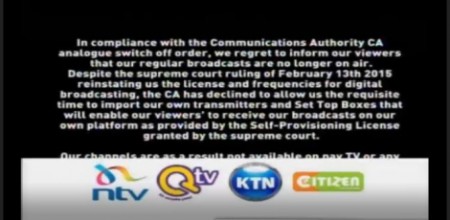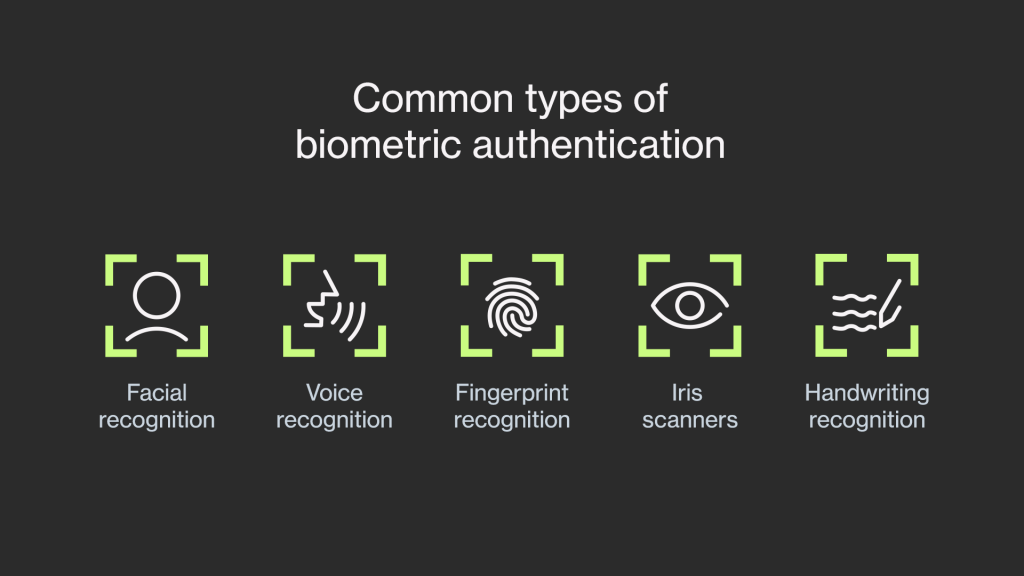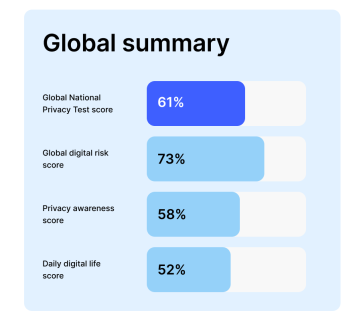5 days now and the three media houses that say they control 87% of Kenyan households have their stations off-air. Kenyans tuning their TVs to NTV, Citizen, KTN or QTV, an annoying apology notice is plastered or scrolling on the screen.
While many may say that Kenyans are cut off and left behind because of the incidence, now the likes of KBC and K24 (a station the opposition leader cannot voice out in words) can enjoy the larger number of viewers, and in the same way will those like Ebru Africa and WTV get an audience.
As JUUCHINI reported on the 14th of this month, the three mainstream media are just being selfish in themselves as they say they are looking out for the interest of the general public. They went ahead to provide wrong information about the availability of set top boxes, which, in contrary to the statistics, have been on the rise.
I have written so much on this digital migration that I am now in constant headache. While the consortium of three decided to seek sympathy from the public to intervene, they got none. Instead, most Kenyans used the opportunity to make a mockery of the whole situation – Twitter and Facebook becoming the new platform for Kenyan news and constant mockery.
But now from being just a saga, the digital migration process in Kenya has turned into a political dance off with legislators already taking sides and hanging on to the side that they believe will give them a larger number of followers and of course voters for the next election.
Today, 18th February was supposed to see the opposition launch the OKOA Kenya draft bill in an official ceremony at the Bomas of Kenya, and was to be opened to the public and as always broadcast live. That, however, did not come to pass because of the “unfortunate” media cut off situation.
In a statement read to other media stations regarding the issue, the opposition said it would not make any sense to launch the bill if most Kenyans would not be able to hear it and witness. To quote in a sentence, “…the OKOA Kenya Bill is meant for the people and there cannot be a people without the media.”
Former Prime Minister, Raila Odinga who leads the opposition expressed his disappointment and put blame on the government saying he understood the digital migration situation very well and that it is they who should do something about it. “We are now back to the VOK days,” he says “Kenyans now just have to watch KBC and the ‘other one’ – referring to K24. It is not fair for Kenyans”
And as the government is blamed, so did the information CS accuse the media firms of being dishonest at a parliamentary committee hearing that was held yesterday. In what resulted into a game of blames and an exchange of harsh words and phrases (not to be mentioned here) from parties present at the hearing, there was one thing made clear – the migration war needs someone to pull a white flag.
Information CS Fred Matiang’i, and the CA director, Francis Wangusi, said the government would not give in to pressure to revert to analogue signals or change the migration deadline to benefit media houses who failed to comply at their own will.
“If we love our country, time has come to migrate to digital broadcasting. If the cost we are going to pay is by taking a firm position, we as government are prepared to be firm because we act in trust of the people of Kenya,” said Matiang’i.
Matiang’i added that the government was ready to dialogue with the media houses as long as going to analogue is not on the table and that there are no lectures about the spectrum resources available, which he firmly said those who want spectrum licenses cannot just be given but would have to pay for them.
An angrier Wangusi went on to voice his bitter accusations. “Now that there used to be three lions and no lionesses we are now having 10 lions and 30 lionesses all drinking from the same pool,” he says.
“They are now seeing that what they have been getting from the advertising revenue is being competed by many people and they don’t want that to happen. They want the status quo to remain.”
When the deadline dates were announced, most Kenyans crossed their fingers hoping that a situation like this would not happen. I guess the fingers were not crossed tight enough or we should have resulted to prayer devotions since what was feared is what it is now – A game of blames and an embarrassment to a country that is praised for its ICT sector, what an irony!
Some legislators were however reasonable enough to remind Kenyans why digital migration would be best for equalizing the market and providing lots of jobs. “If we do not take this opportunity, we will be like the film industry which did not see digital realization coming…this is not a political matter between one coalition and another, we must go digital or go backwards,” said Shakeel Shabir an MP in Kisumu.
And as the three remain off-air and lose out on profits they would be getting through advertising, other TV stations are now enjoying the millions they would not be getting otherwise. Those who controlled 87 percent of Kenyan households have that power taken away from them by KBC and K24.
It’s amazing however, how NTV’s sister in Uganda is being broadcast on the very same digital providers that they are fighting back in Kenya. A game is definitely being played and a dance is underway, we can only wait to see who has the Ace up their sleeve.





